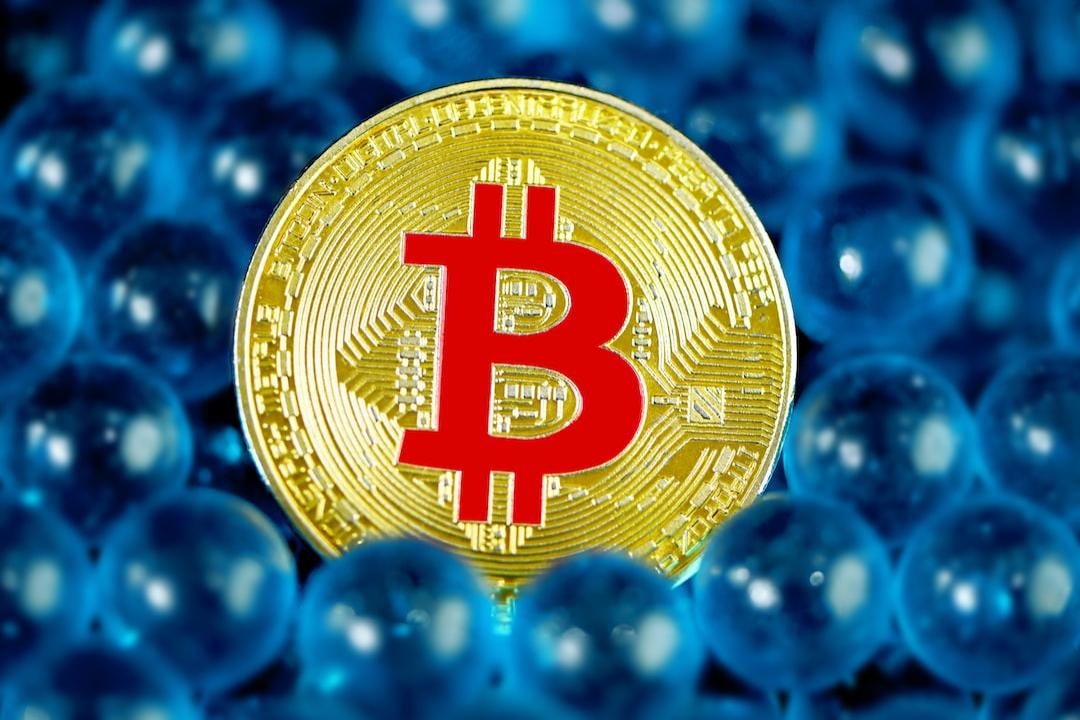Despite a recent decrease in transaction fees, Bitcoin continues to face a significant number of unconfirmed transactions that date back to October 2023, hindering the network’s effectiveness.
The backlog of unconfirmed transactions highlights the need for the Bitcoin community to develop scaling solutions and raises doubts about whether BTC can keep up with the growing demand.
As Bitcoin adoption has grown in recent years, the network has struggled to meet the increasing demand, resulting in a growing number of unconfirmed transactions. Data from block explorers reveals that BTC currently has over 200,000 backlogged transactions.
An unconfirmed transaction refers to any transaction submitted to a blockchain network that has yet to be included in a validated block. In the case of Bitcoin, these transactions are stored in the memory pool (mempool) until a miner selects and validates them. The initiators of these transactions can expedite the process by offering higher fees as an incentive to miners.
Backlogged transactions also affect other networks, such as Ethereum, which currently has over 156,000 pending transactions, according to Etherscan. However, the challenge is more significant with Bitcoin.
The challenge of Bitcoin’s backlogged transactions arises whenever transaction fees increase, which often coincides with a rise in the token’s price. For example, during the recent bull rally starting in September of last year, both the BTC price and the number of unconfirmed transactions surged.
In theory, as transaction fees decrease, the number of backlogged transactions should also decrease. However, this has not been the case.
Since the second week of June, transaction fees have remained below $7, a significant decrease from the five-year high of over $100 in April. In the past week, fees have ranged between $2 and $3.
Despite the decrease in transaction fees, the number of backlogged transactions dating back to October of last year has remained unchanged. The network still has over 200,000 unconfirmed transactions.
While the initiators of these transactions can have them confirmed by paying a few extra dollars, it raises concerns about Bitcoin’s ability to handle global demand. If Visa experienced such a high number of pending transactions for months, global payments would come to a halt, and many businesses would face potential shutdowns. Even SWIFT, which is known for being slow, expensive, and outdated, performs better than Bitcoin in this regard.
If Bitcoin aims to compete with existing legacy solutions, it must improve in this area.
One argument put forth by the Bitcoin community is that the token is an asset and a hedge against inflation rather than a currency. For an asset, speed and efficiency are not top priorities for most people. However, this contradicts Satoshi Nakamoto’s whitepaper, which presented Bitcoin as a “purely peer-to-peer version of electronic cash.”
Meanwhile, BTC is currently trading at $61,388, experiencing a slight dip over the past day as it prepares for the weekend. In the last month, it has lost 10% of its value as it grapples with the cyclical headwinds following the halving event.
Recommended for you:
– Bitcoin Buying Guide
– Tutorial on Bitcoin Wallets
– Check Bitcoin’s 24-hour Price
– More Bitcoin News
– What is Bitcoin?
Subscribe to our daily newsletter for valuable insights, with no spam or deception. You can unsubscribe at any time.

